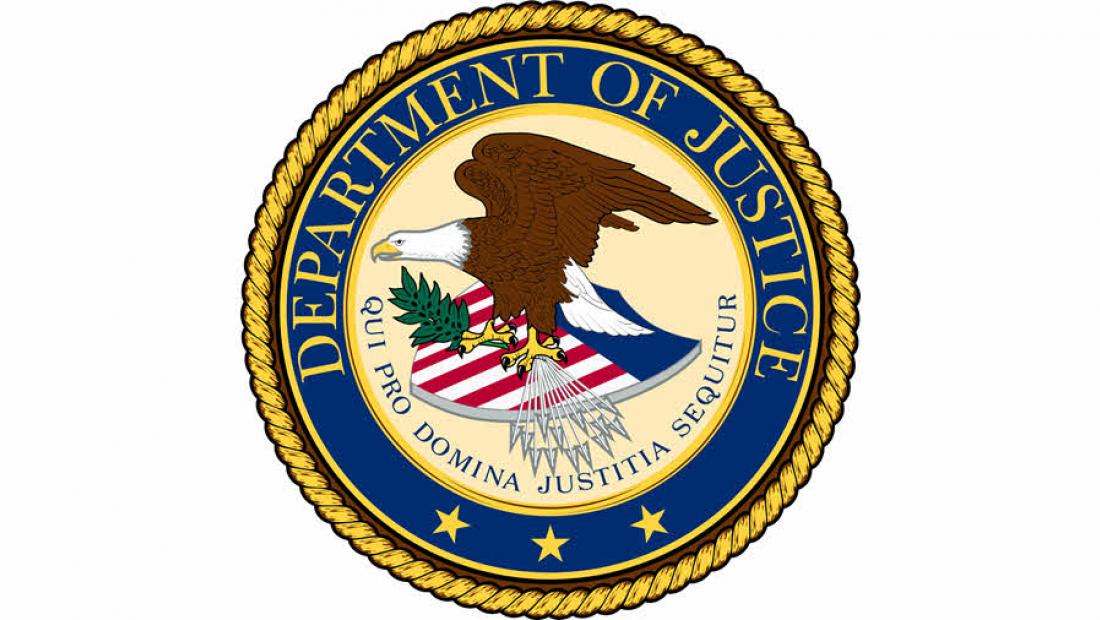Ex-DOJ Officials Worried Trump May Have Directed AT&T-TW Suit

The smarter way to stay on top of broadcasting and cable industry. Sign up below
You are now subscribed
Your newsletter sign-up was successful
Most of a dozen former Justice Department officials are concerned the Trump Administration may have "interfered" in DOJ's vetting of the AT&T-Time Warner merger and say, if so, it was likely unconstitutional selective enforcement and a violation of the First Amendment.
In fact they, say, "Based on the president’s clearly expressed animus toward CNN and his threats directed at the network, defendants likely can make a prima facie showing that the present action was brought with improper motive to retaliate against CNN".
That came in an amicus filing with the U.S. District Court for the District of Columbia, where the trial begins later this month,
"I've never seen anything like it," said one former top media executive of the filing.
DOJ filed suit last November to block the merger, to the surprise of many who saw the deal as a primarily vertical merger and a candidate for approval with conditions, though the arrival of a quixotic President clouded that horizon.
The officials filing the brief include CNN senior legal analyst Preet Bharara and frequent CNN on-air contributor John Dean, formerly White House counsel under Richard Nixon, though they made clear they were speaking for themselves as former Justice Department officials and not for the network, which is owned by Time Warner.
The officials said they were not taking sides on the antitrust issues in the case, but instead wanted to let the court know of their concerns about potential untoward influence, specifically "that the president and the White House may have interfered in this matter" to "betray, beleaguer, and undermine" federal law enforcement.
The smarter way to stay on top of broadcasting and cable industry. Sign up below
Then-candidate Donald Trump signaled he thought the merged company would be too big--Time Warner owns CNN, one of the news outlets Trump has accused of teaming up with Democrats to undermine him--and said his administration, if he weree elected, would block the deal.
"To be clear, DOJ may well have acted independently and outside the cloud of any White House interference in this matter," they said, something some deal critics argue was the case. "Indeed, based on their long experience in the Department working alongside its dedicated public servants, amici hope and expect that to be the case. But when the president specifically threatens to use the power of DOJ to punish a perceived opponent, it raises serious constitutional concerns."
They say that if the President did interfere, it is likely an unconstitutional violation of equal protection and the First Amendment.
AT&T-TW Brands Feds' Case Againts Deal 'Pale & Thin'
The DOJ officials said they wanted the court to insure that aspect was examined fully as part of the trial, and if necessary, get redress from the court, "so that the public retains confidence that the Department is fulfilling its mission of ensuring the fair and impartial administration of justice for all Americans.
That "redress," they said, could include throwing out Justice's suit as selective enforcement--they point to "Trump’s claim to be able to direct federal law enforcement against specific parties"--or shift the burden of proof to the government that it is not punishing protected First Amendment conduct. they point out that before the suit was filed, "the president repeatedly denounced CNN for the content of its coverage and threatened to use the machinery of government against CNN."
AT&T and Time Warner have already told the court that they think it is selective enforcement.
Last month, Judge Richard Leon, who is presiding over the case, ruled that the court would not force the White House and Justice Department to produce records of communications between the two as part of the case. The former DOJ officials said they understood why the judge ruled that such discovery was precluded in a civil antitrust case, but also said the court "should reconsider that ruling and allow defendants to obtain discovery and testimony relating to White House interference."
DOJ's decision to sue followed by only days a speech by the official overseeing the review, antitrust chief Makan Delrahim, who signaled Justice would be looking for more divestitures and fewer behavioral conditions, suggesting the latter remedy was over-regulatory, as well as essentially allowing an illegal merger under conditions that were hard to monitor.
Certainly the companies saw it that way.
They pointed out in a filling with the court late last year that Justice and the FCC agreed to allow the Comcast-NBCU vertical merger with conditions enforceable via baseball-style arbitration. They said they fully expected that would be the case with their deal, given that "Comcast is typically the clear pay TV leader in its local service areas and NBCUniversal owns one of the Big Four broadcast networks."
Related: AT&T-Time Warner Merger Trial Takes Shape
They also said they were ready to accept the same seven-year arbitration condition for any of the Turner networks, and agree that none of those networks would go dark on any Turner distributor during that arbitration. That, they said, should resolve Justice's concern about the incentive to discriminate or withhold.
"In seeking to block this merger, then," they said, an abrupt change in approach to vertical mergers they can't explain, "the Government is not only departing from established antitrust precedent, but is also shielding rivals from new competition that would greatly benefit consumers."
Contributing editor John Eggerton has been an editor and/or writer on media regulation, legislation and policy for over four decades, including covering the FCC, FTC, Congress, the major media trade associations, and the federal courts. In addition to Multichannel News and Broadcasting + Cable, his work has appeared in Radio World, TV Technology, TV Fax, This Week in Consumer Electronics, Variety and the Encyclopedia Britannica.

